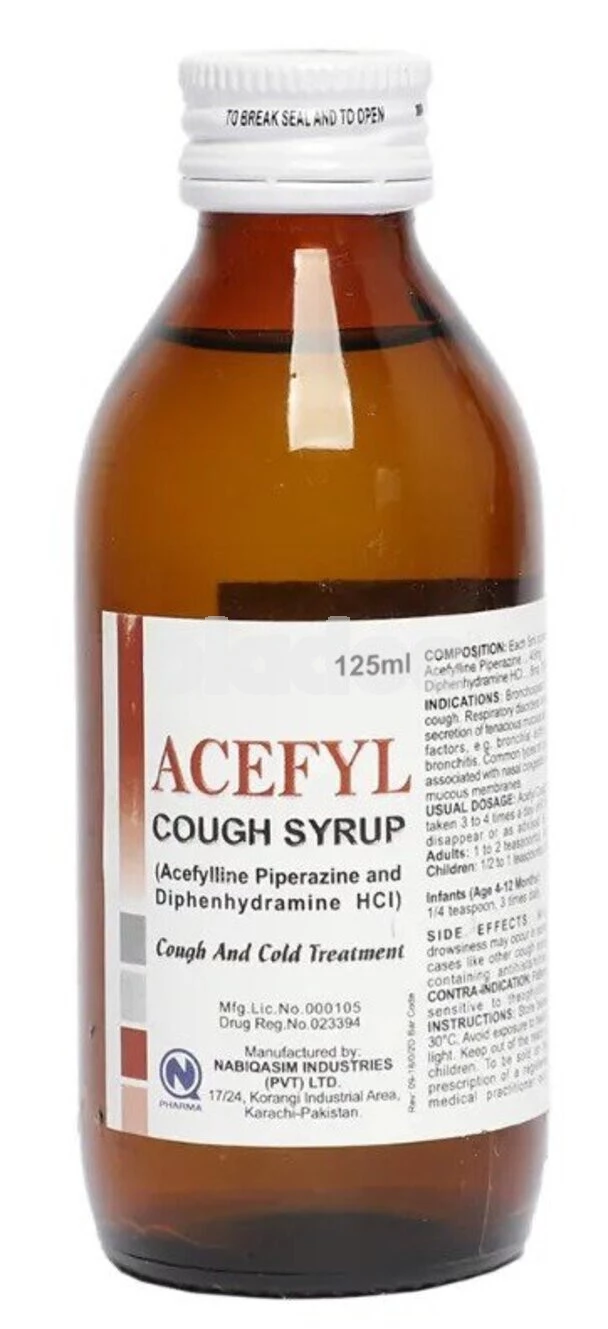Smog is the thick haze that appears due to accumulation of ozone in the lower atmosphere. In South Asia, winter months are extremely smoggy. Pakistan and India face the worst of it all especially during crop burning season. Lahore, one of the biggest cities of Pakistan, faced smog levels which were nine times more than safe limits, last winter.
According to Pulmonologists, smog is the extreme form of air pollution and it brings with itself a lot of health hazards.
Here are five most common health hazards of smog and tips to avoid these.
Table of Contents
1-Respiratory problems:
Smog is largely made of ozone and very small airborne particles. Both of these agents are harmful for the respiratory system. The airborne particles when inhaled with air are likely to block the airways and inflame the lungs. Diseases like bronchitis and pneumonia are likely to get triggered if polluted air is breathed for a long time.
Face masks can be very useful during smog as they can help filter the polluted air before it reaches the lungs. Breathing in through nose rather than the mouth can also help. The nose itself acts as a filtration system. When one breathes in through mouth, the harmful air directly reaches the lungs causing respiratory dysfunction.
2-Ear, nose, throat and eye infections:
Some of the most common issues that people face during smoggy days are ENT infections. Inhalation of ozone and PM2.5 particles can cause a runny nose, wheezing and cough. Eyes are also affected as the pollutants induce excessive tearing giving people dry eyes.
It is important to visit top ENT specialists in Pakistan if the symptoms do not go away in two to three days. Drops prescribed by an eye specialist should be used to deal with dry eyes.
3-Cardiovascular problems:
According to a report by WHO, 25% of the deaths caused by heart diseases are associated with air pollution. Smog can have both long term and short term effects on heart health. PM2.5 and PM0.1 particles are excessively present in smog. A recent study has linked inhalation of these particles with cardiac arrest and other cardiovascular problems.
Everyone is at risk during smog but people who already have cardiac conditions are especially vulnerable. It is important that cardiac patients maintain regular visits with a cardiologist during smog season.
4-Orthopedic disorders:
When smog lasts for a prolonged period of time, the sun rays cannot reach the earth. Lack of sunlight causes a decrease in the production of vitamin D. Vitamin D is crucial for absorption of important minerals such as calcium. When calcium is not absorbed, the bones become soft and orthopedic disorders such as rickets and osteoporosis are likely to occur.
To compensate for sunlight, it is important to consume foods that are high in vitamin D. Some foods that are rich in vitamin D include fish, citrus fruits and dairy products.
5-Skin infections:
Human skin can easily get irritated when exposed to polluted air. Smog is likely to inflame the skin causing problems such as acne, eczema, psoriasis and premature aging. In extreme cases when the air is highly toxic, the skin can also develop blisters. These blisters can be very painful and can permanently damage the skin.
To avoid skin infections during smog season, regular cleansing is advised. Eating foods high in antioxidants can help in maintaining a healthy skin in a polluted environment.
If you or a loved one is suffering from smog induced diseases, you should visit a specialist as soon as possible. You can also visit our website at oladoc.com to look for top pulmonologists in Lahore, Karachi and Islamabad. You can also call our helpline at 042-3890-0939 to get directed to the specialists that are suitable for your specific concerns.










